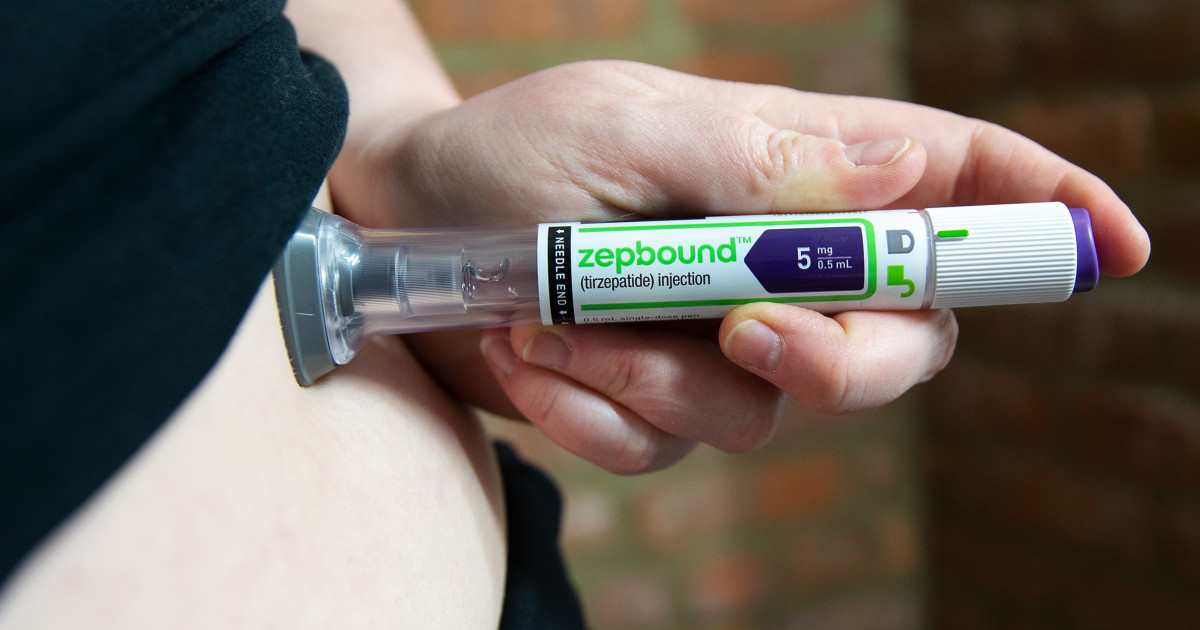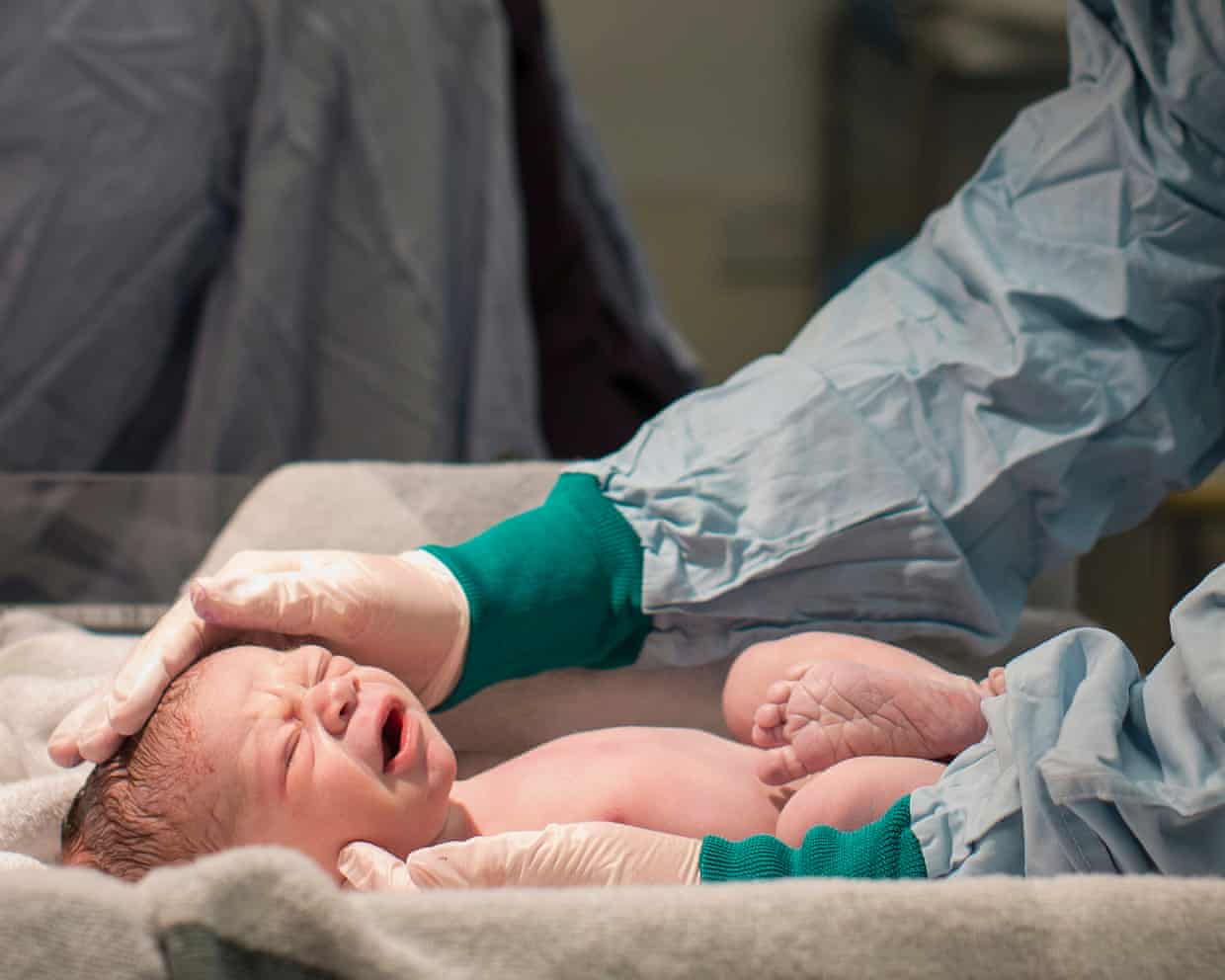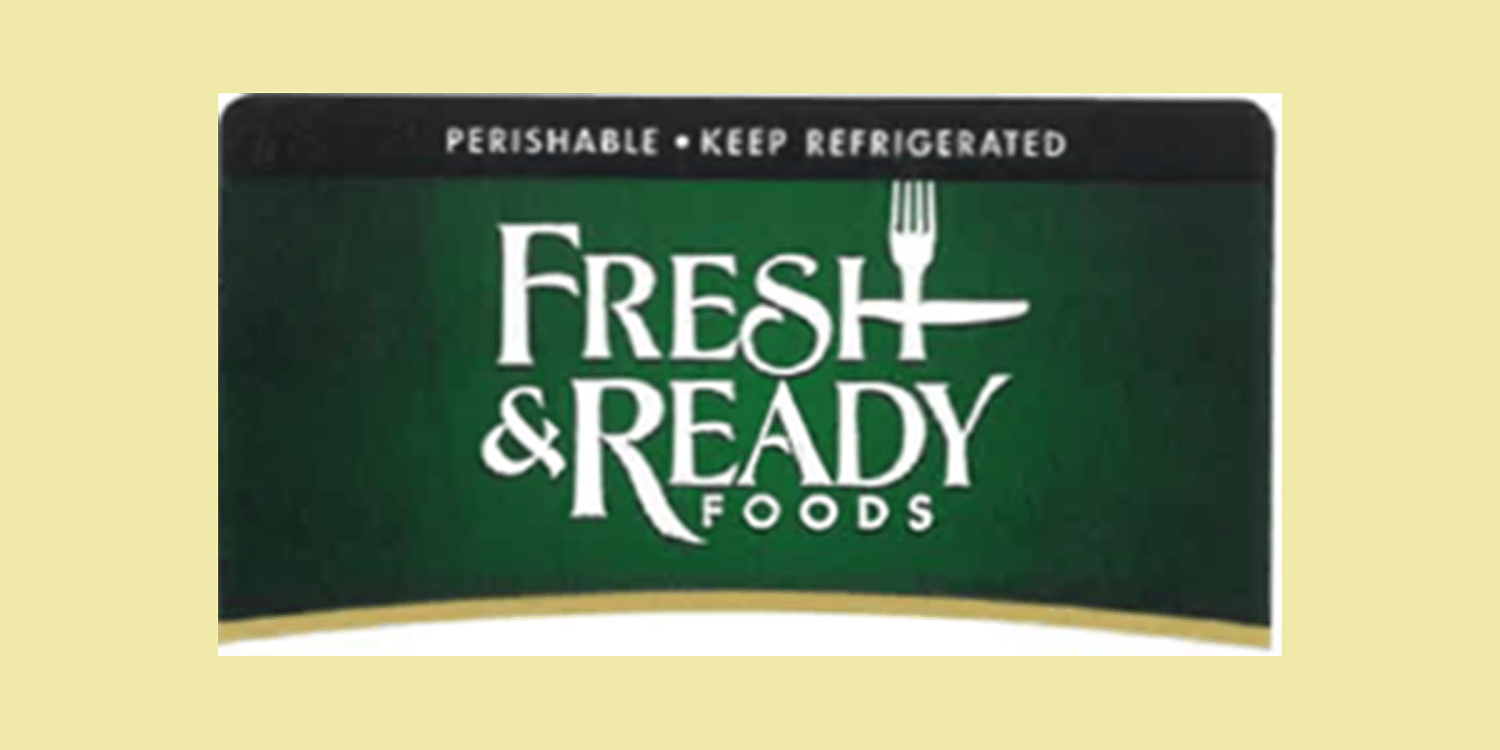UK inflation slowed down for the second month in a row in March on the back of falling petrol prices, according to the Office for National Statistics (ONS). The rate of Consumer Prices Index (CPI) inflation eased to 2.6% for the month, from 2.
8% in February, the statistics body said. It was a steeper fall than predicted by economists, who had expected a reading of 2.7% for March, and marks the lowest reading since December.

The news has been well received by Chancellor Rachel Reeves, as it moves closer to the Bank of England’s 2% target rate. The reading is also likely to increase calls for interest rates – which are typically kept high to help bring inflation down – to be reduced from their current rate of 4.5% at the Bank’s next rate-setting meeting in May.
However, economists have predicted that inflation will shoot higher in April after a raft of consumer bill increases – such as energy and water prices – as well as the potential impact of higher taxes and labour costs for businesses, which are likely to pass some costs on to customers. ONS chief economist Grant Fitzner said: “Inflation eased again in March, driven by a variety of factors including falling fuel prices and unchanged food costs compared with the price rises we saw this time last year. “The only significant offset came from the price of clothes, which rose strongly this month, following the unusual decrease in February.
” Is low inflation good or bad for consumers? It depends if you are investing or borrowing, buying or selling. Lower rates are often seen as being positive for borrowing, particularly for mortgages. Rohit Kohli, Director at The Mortgage Stop explains: "Another fall in inflation will all but seal the deal on a May rate cut.
With CPI now at 2.6% and core inflation slowly heading in the right direction, the Bank of England is rapidly running out of excuses to keep rates where they are. @uktoday_ Don't know what Inflation means? Here's it explained in under 2 minutes #uknews #ukinflation #inflationmeaning #uknewsheadlines ♬ original sound - UKToday 🇬🇧 Newsquest "The impact of ongoing trade wars and weakening demand across key sectors is already biting UK businesses.
Holding rates at these levels for much longer risks doing more harm than good. "A cut next month would give firms some much-needed breathing space—and offer borrowers some more relief as they roll off fixed deals in the summer." Ben Thompson, deputy CEO, Mortgage Advice Bureau adds: “This might be the last good reading for a few months, so let’s enjoy it while we can.
It’s likely we have a few bumps in the road ahead of us - especially before it feels like we’re seeing inflation back under control and where it needs to be. Getting inflation to the 2% target has been like the impossible task of putting toothpaste back in its tube, and that job is certainly not done yet. “Whether you’re looking to get on the property ladder or due to remortgage soon, the importance of speaking to a broker cannot be stated enough.
They’ll be able to cut through the noise and navigate current market conditions to help you get mortgage ready .” For savers, it may mean lower returns ahead, as, David Murray, head of Aberdeen Financial Planning, explains : “For those with savings or investments, this is a chance to get ahead. Money left languishing in low-interest accounts risks losing more value every day.
Now’s the time to sharpen your financial strategy – whether that means hunting out inflation-beating savings rates, making use of ISAs and pensions, or reviewing your investments to make sure they’re still working hard.” Which prices are making a difference to rates? Motor fuel prices were 5.3% lower for the month, marking the biggest decline for four months.
It was partly driven by a fall in the average price of petrol by 1.6p per litre between February and March to stand at 137.5p per litre.
It was down from 144.8p per litre in March 2024. The ONS also said prices in the recreation and culture sector rose at their slowest level for more than three years in March, with a 2.
4% increase. This was partly driven by a fall in the cost of video games for the month. Meanwhile, clothing and footwear prices rose again for the month as many retailers reduced discounting, with a 1.
1% increase after a surprise drop in February. Ms Reeves said: “Inflation falling for two months in a row, wages growing faster than prices, and positive growth figures are encouraging signs that our Plan for Change is working, but there is more to be done.” Recommended reading: Martin Lewis: Biggest factor to change mortgage rates Boom in mortgages for low deposits, poor credit and those nearing retirement DWP State Pension age will have to rise to 71 says report What are the Consumer Prices Index (CPIH) and the Retail Prices Index (RPI)? The ONS’s preferred measure of inflation, Consumer Prices Index including owner occupiers’ housing (CPIH), eased back to 3.
4% for March, from 3.7% the previous month. Meanwhile, the Retail Prices Index (RPI) rate of inflation declined to 3.
2% from 3.4%. It measures inflation by tracking changes in the cost of a fixed basket of goods and services over time.
In the UK, it has been used for decades to assess price trends and adjust wages, pensions, and contracts. Both are used by economists when studying how prices are changing..
Health

UK inflation slowed in March following drop in petrol prices

UK inflation slowed down for the second month in a row in March, but is lower inflation a good or a bad thing for consumers?















